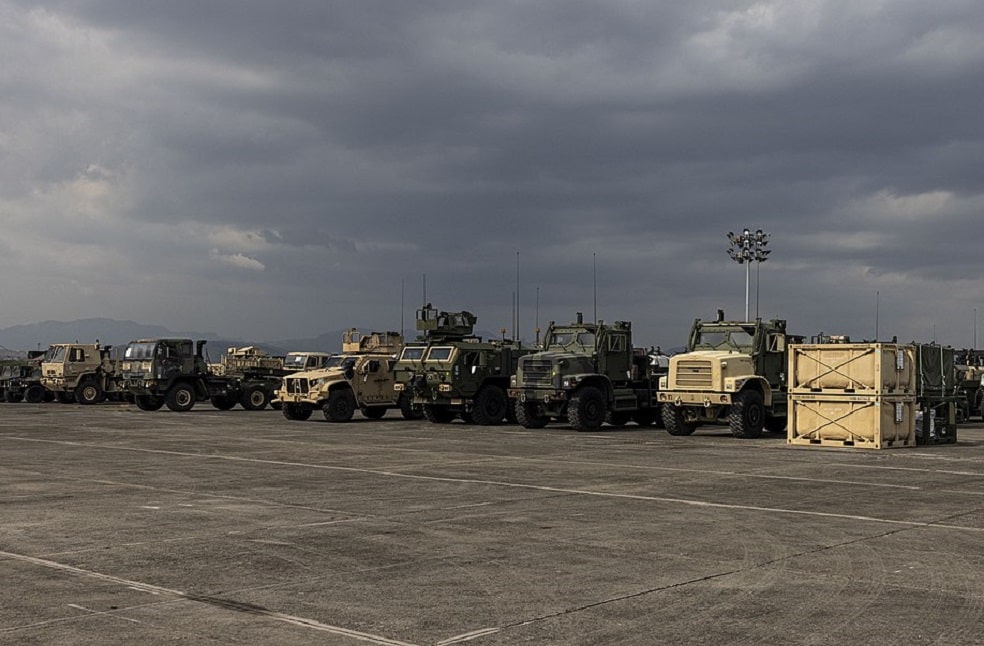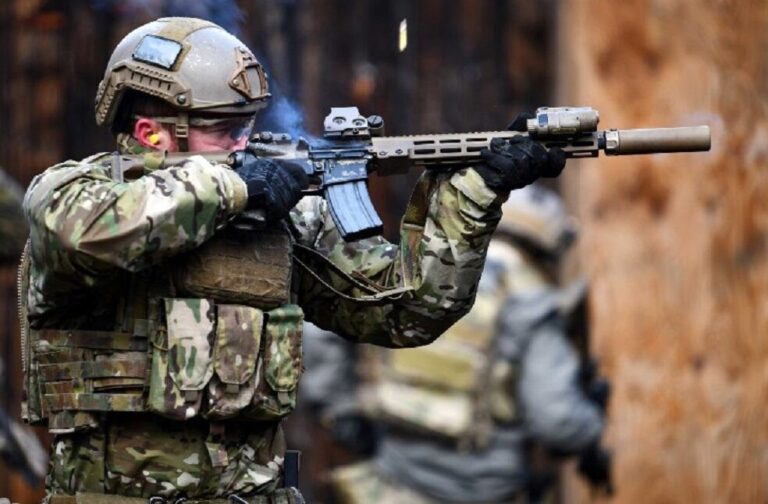Sweden: The Stockholm International Peace Research Institute (SIPRI) has released its annual report on global military expenditure, revealing that world military spending hit an all-time high of $2.24 trillion in 2022.
This represents an increase for the eighth consecutive year and was driven by a 13 percent rise in Europe, the steepest in at least 30 years. SIPRI attributed most of the rise to Russia’s invasion of Ukraine and the perceived threat that this has caused for other European nations. Finland and Lithuania, in particular, have increased their military spending by 36 percent and 27 percent, respectively.

SIPRI has noted that the continued rise in global military expenditure is a sign that the world is becoming increasingly insecure. Mr. Nan Tian, a senior researcher with SIPRI’s Military Expenditure and Arms Production Programme, stated that countries are increasing military spending in response to a deteriorating security environment that is not anticipated to improve any time soon.
SIPRI found that military spending in Ukraine grew more than six times to $44 billion in 2022, representing the largest single-year increase in a country’s military expenditure ever recorded in its data.
The US remains the world’s largest military spender and was up 0.7 percent to $877 billion in 2022, representing 39 percent of total global military spending. China remained the world’s second-largest military spender with an estimated $292 billion in 2022, which was 4.2 percent more than in 2021 and represents the 28th consecutive annual increase.

In addition, SIPRI’s report showed that Japan spent $46 billion on the military in 2022, a rise of 5.9 percent from the previous year. This was the highest level of Japanese military spending since 1960. Japan and China led military spending in Asia and Oceania, which amounted to $575 billion. SIPRI found that military expenditures in the region had been rising since at least 1989.
SIPRI further warned that the world’s increasing military spending is indicative of rising insecurity. As tensions continue to rise in Europe and Asia, countries are seeking to bolster their military strength in response to perceived threats from rivals. The continued growth of global military expenditure has significant implications for the world as governments divert funding from other important sectors, such as healthcare, education, and the environment.



